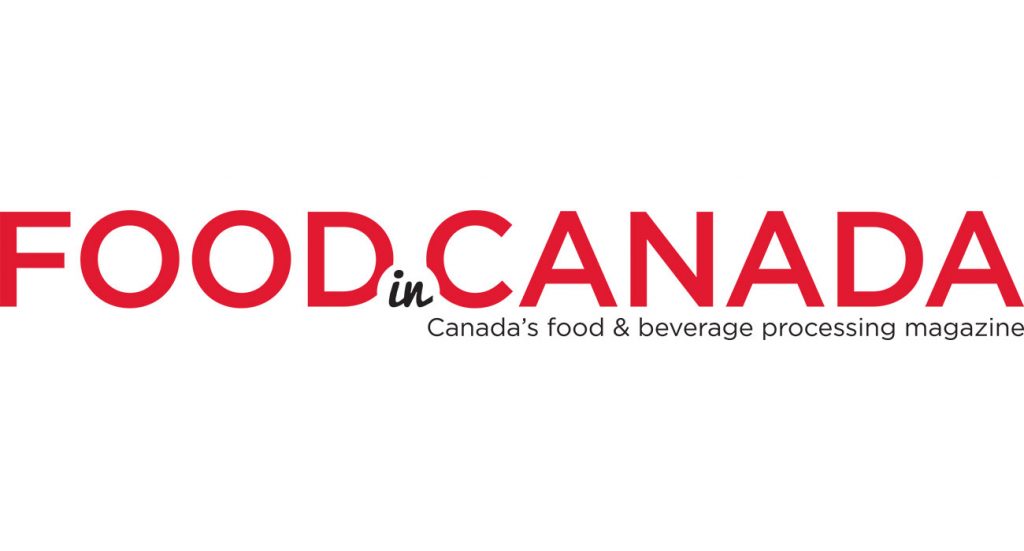AI in food processing market projected to reach US$22.3B by 2032

According to Market.us, in 2023, the gross revenue of the ‘artificial intelligence (AI) in food processing’ market is projected to reach US$11.1 billion. A thorough analysis of the AI in food processing industry forecasts that the investment could experience an annual growth rate of 8.3 per cent from 2023 to 2032. The analytical report delves into the fundamental determinants contributing to market growth, projecting an anticipated valuation of US$22.3 billion by 2032.
According to the report, the integration of AI in food processing represents a transformative shift towards efficiency, safety, and sustainability in the food industry. AI technologies, including machine learning, computer vision, and robotics, are being deployed across various stages of food processing to optimize production lines, enhance quality control, and minimize waste. For instance, AI-driven predictive maintenance can forecast equipment failures before they occur, reducing downtime and maintaining continuous production flows. In quality control, computer vision systems are used to inspect and sort products with a level of precision and speed that surpasses human capabilities.
The AI in food processing market is experiencing rapid growth, driven by the increasing demand for automation and precision in food production processes. The market’s expansion is fuelled by technological advancements, the need to comply with stringent food safety regulations, and the push for more sustainable production practices. As food processors seek to enhance efficiency, reduce costs, and improve product quality, the adoption of AI technologies is becoming a strategic imperative. This adoption is evident across small-scale specialty producers to large multinational corporations, highlighting the scalability and versatility of AI solutions. The market is characterized by a wide range of AI applications, from robotic sorting systems to AI-powered supply chain optimization tools.
North America leads the AI in food processing market by accounting for a major revenue share of 36.4 per cent.
As AI systems rely on vast amounts of data, there are concerns regarding data privacy and security. Food processing companies need to establish robust data protection measures to ensure the confidentiality and integrity of sensitive information. Addressing these concerns and complying with data privacy regulations is crucial for the successful adoption of AI in food processing.
We are continuing this discussion during our annual webinar series on Trends and Innovations in Food. On Thursday, April 11, 1-2 pm ET, we’ll be discussing this very issue on our webinar titled “AI’s Role in F&B Processing.” I hope you can join this conversation. To register, click here.
Source: www.foodincanada.com

